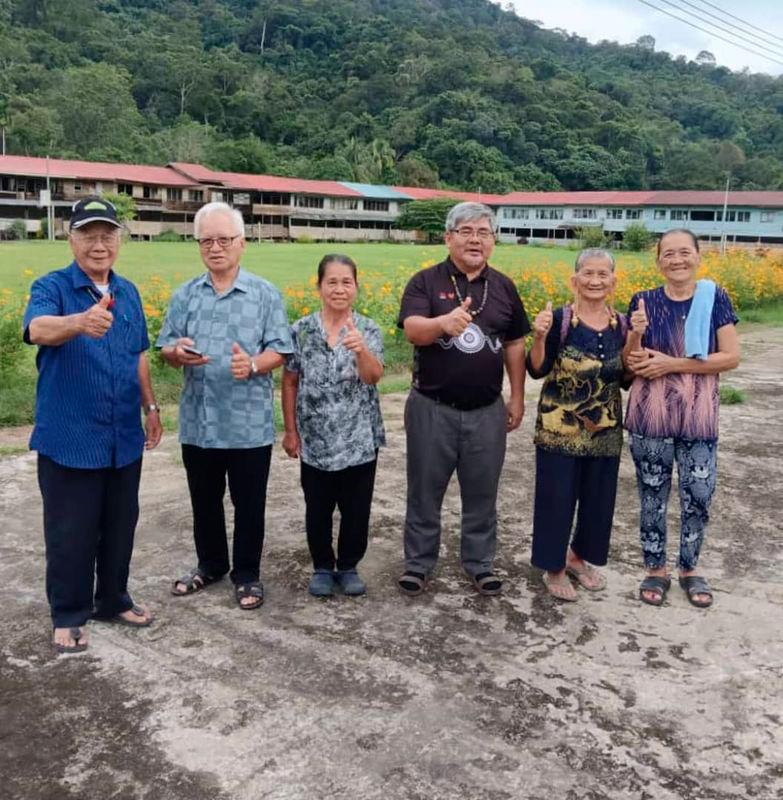BELAGA: An indigenous rights organisation has raised concerns about the effectiveness of federal budget allocations to Sarawak, questioning why rural communities continue facing poor living conditions despite receiving billions in annual funding.
The Society for Rights of Indigenous Peoples of Sarawak (Scrips) acknowledged the substantial RM6 billion federal budget allocation to the state but called for accountability regarding how these funds benefit rural populations.
Michael Jok, secretary-general of Scrips, recently returned from Belaga district in central Sarawak where he encountered severely deteriorated roads and inadequate telecommunications infrastructure.
“While the RM6 billion allocation from the Federal Government represents a significant sum, Putrajaya has consistently provided substantial annual budgets to Sarawak over the years,” Jok stated.
“However, it’s evident that these federal funds haven’t reached rural communities at the grassroots level.”
He emphasised that interior communities have seen limited improvements despite the large budget announcements.
“This concern weighs heavily on ordinary rural Sarawakians who regularly hear about massive budget allocations but rarely witness tangible benefits. Simply examining rural infrastructure conditions—our roads and bridges—tells the story,” Jok said.
“State government leaders owe rural residents a comprehensive explanation.”

Jok, who has legal expertise in native land rights and extensive experience as a social rights advocate, questioned whether the newly announced national budget would translate into real improvements for rural Sarawak.
He referenced various budget components, including flood mitigation initiatives, federal road and bridge repairs, food security programs, and allocations for health, education, and transport ministries.
“Will our longhouses continue experiencing flooding six times annually, or will this substantial budget allocation actually address our flood challenges?” Jok asked.
“Will we finally see genuine improvements to Sarawak’s deteriorating rural roads, aging bridges, run-down clinics, and neglected schools?”
Despite his concerns, Jok acknowledged that the federal government has treated Sarawak fairly regarding monetary allocations and attention.
“This direct annual grant represents the largest amount Putrajaya has ever provided to the Sarawak state government,” he noted. “When combined with annual oil royalties and direct ministerial funding for district-level projects under various ministries and agencies, Sarawak receives considerable resources.”
However, he stressed the fundamental question remains: “Will the more than one million rural residents actually experience real benefits from these allocations?”
Jok, himself a native of a Belaga longhouse, serves with Scrips, described as one of Sarawak’s largest native non-governmental organizations advocating for human rights and native customary land rights of indigenous communities.









